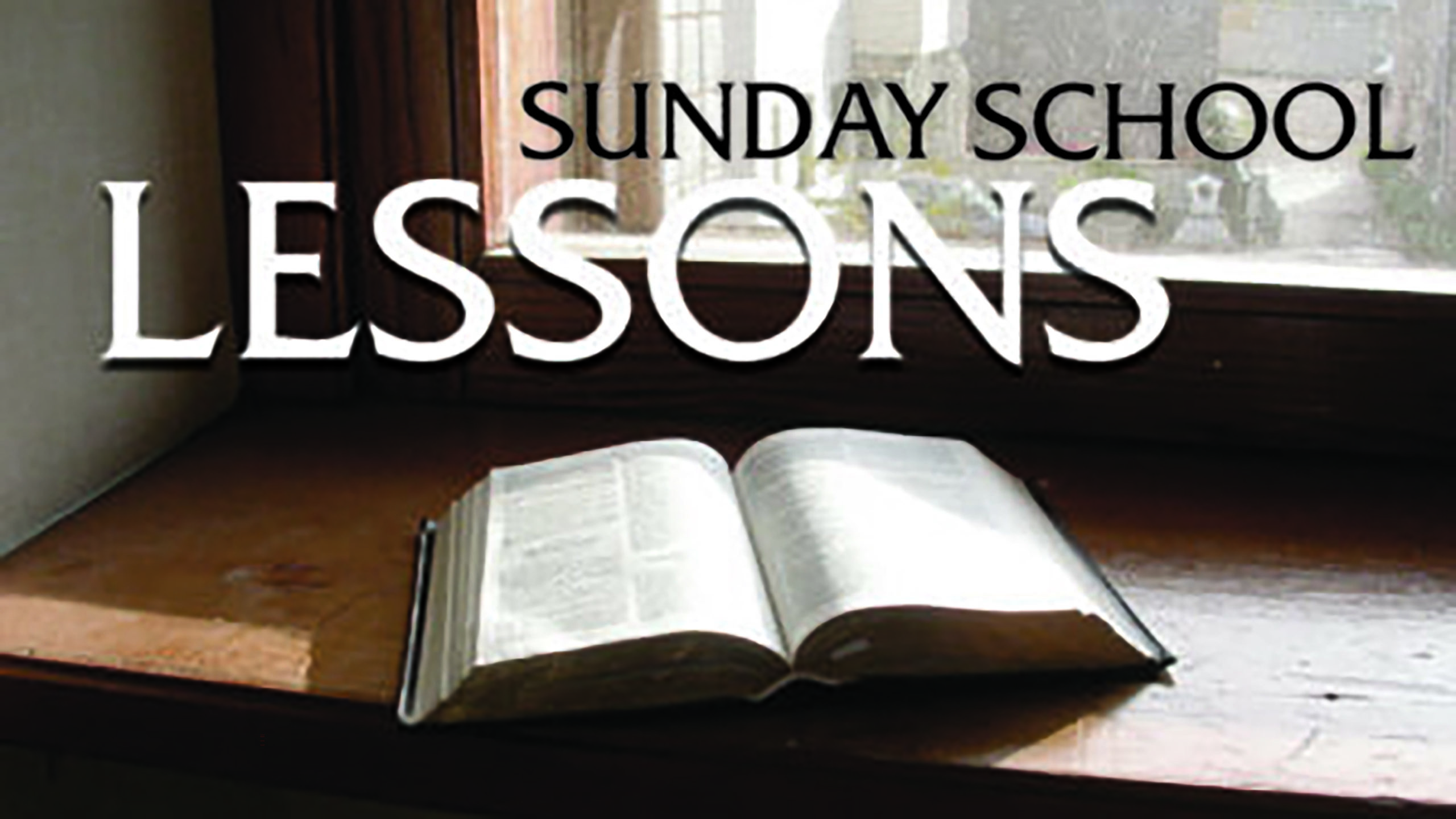Hope Defined
Job 14:1–14
Once, as I concluded a graveside service for a man, I observed his daughter’s obvious struggle with her grief. I reminded her, “He’s with the Lord.” She responded, “Yes, but I want him with me.” She was expressing what many of us feel when we lose a loved one.
Although we are promised eternal life when we place our trust in Christ, we still struggle when it comes to clinging to that hope. However, hope remains. There is life beyond the grave.
Faced with tremendous adversity and loss, Job needed hope. In this passage, Job expressed a melancholy lament about life’s futility and death’s certainty. These verses reflect on the human condition, “few of days and full of trouble,” and end with the question each of us must ask: “If mortals die, will they live again?” The answer to that question is “yes,” for those who put their trust and hope in Christ.
Questions (1–6)
In poetic fashion, Job used natural mysteries to explore his questions about life. Flowers fade and shadows disappear. Life can seem just as fleeting, and death often produces questions for which we do not have answers.
As is often said, God determines a person’s days. Despite all our knowledge about healthy living and all the medical treatments available today, the truth remains — God has set limits on the human lifespan that we are powerless to exceed. In Psalm 90:10, the psalmist (probably Moses) writes, “Our days may come to seventy years, or eighty, if our strength endures.” We know that some get more years; many get far fewer. Yet like Job, the psalmist sees the struggle: “the best of them (our days) are but trouble and sorrow, for they quickly pass …”
Despair (7–12)
Job spoke of the futility of death. There seems to be more hope for a tree than for man, he observed.
Gardeners know this well. Over the years, a flowering quince bush in our yard had become overgrown, and honeysuckle had taken root within the depths of the bush. Our solution was to cut the entire bush to the ground last fall. This spring, dozens of new shoots are sprouting from the strong root system hidden underground.
People are different, Job lamented, “A man dies and is laid low; he breathes his last and is no more. … He lies down and does not rise.” Upon death, a person is gone from this earthly life, and both the thought of death and the grief of death can bring despair, which can linger if we don’t try to move on.
Hope (13–14)
At this point Job, in his way of seeing things, denied the possibility of physical resurrection. Death, he stated, is not a sleep from which people can be awakened (v. 12).
Soon, however, he wondered if resurrection might be possible when he asked, “When a person dies, will he come back to life? If so, I would wait all the days of my struggle until my relief comes” (v. 14). Focus on that last verse: “When a person dies, will he come back to life?” Thank God the answer is yes. Renewal is coming.
Through Jesus, humanity has hope for the future. The writer of Psalm 90 puts it this way: “We will fly away” (v. 10). If we believe in Christ, we have hope.
In the words of the gospel favorite, “I’ll fly away, oh, glory, I’ll fly away. When I die, hallelujah, by and by, I’ll fly away.”
By Gregg Potts, D. Min.
Potts served as a pastor for more than 30 years in Mississippi and Georgia.







